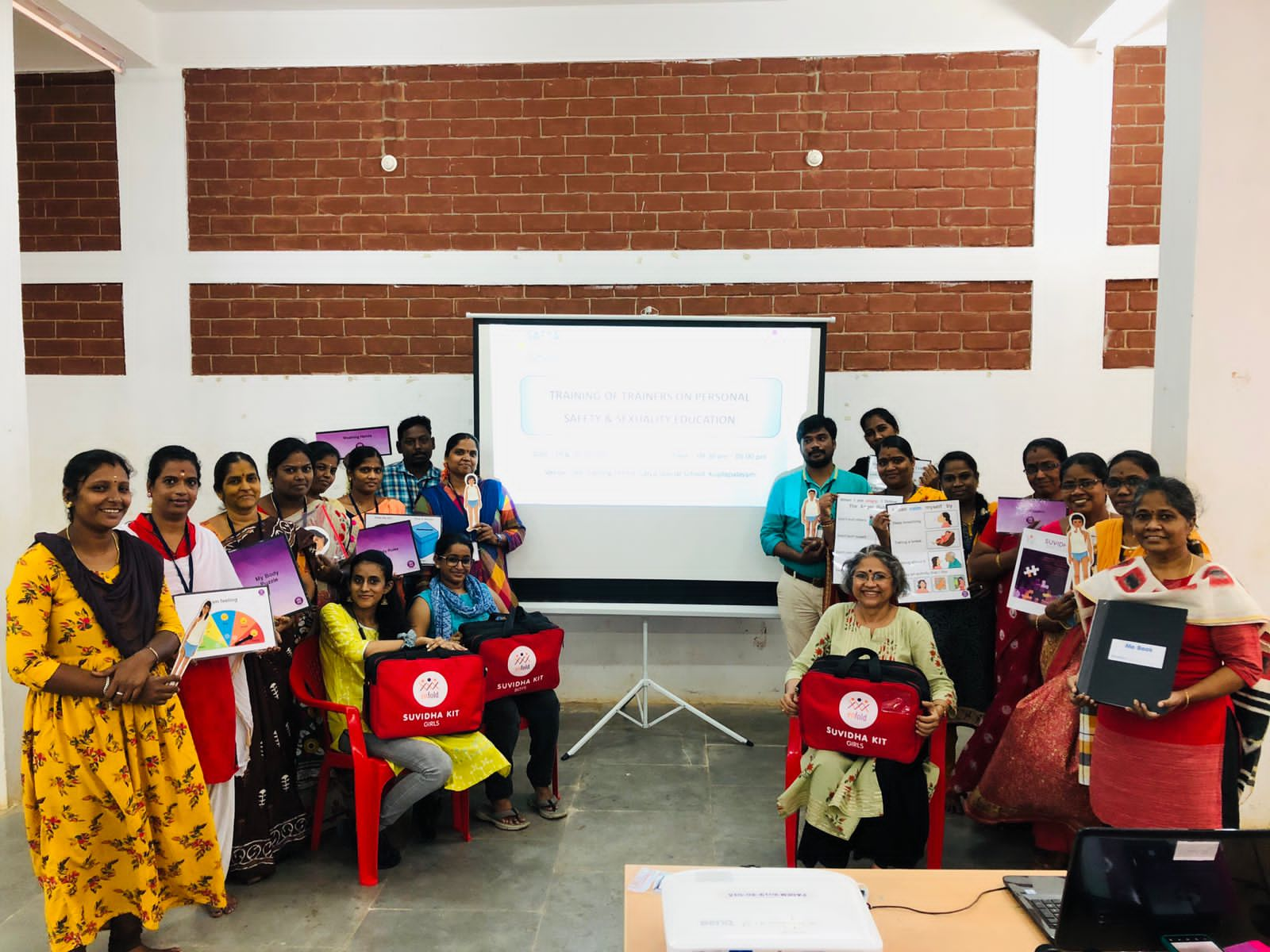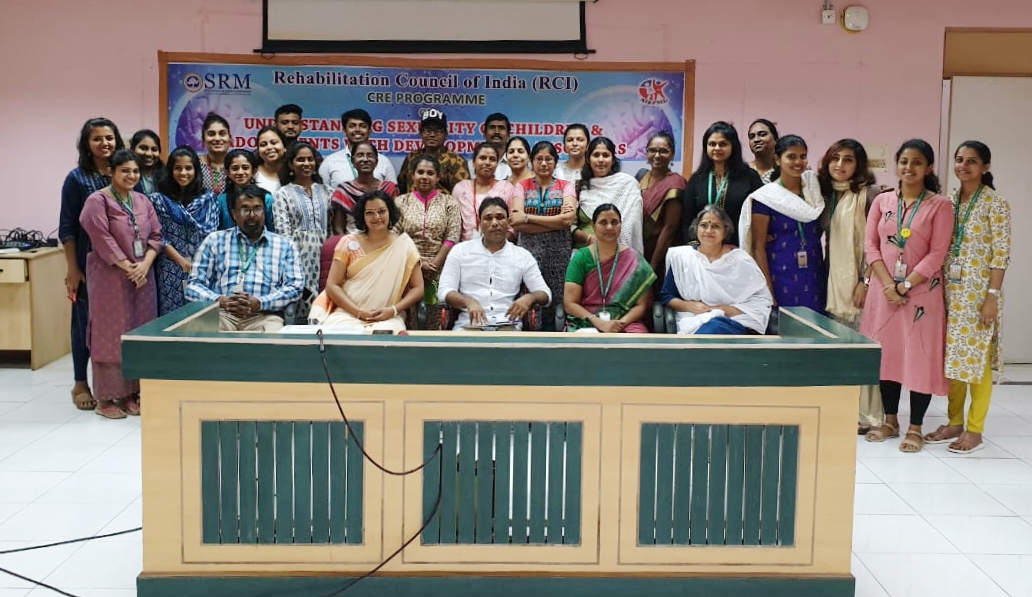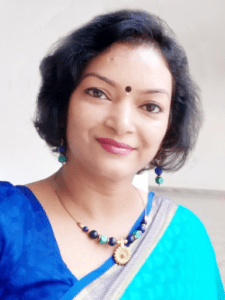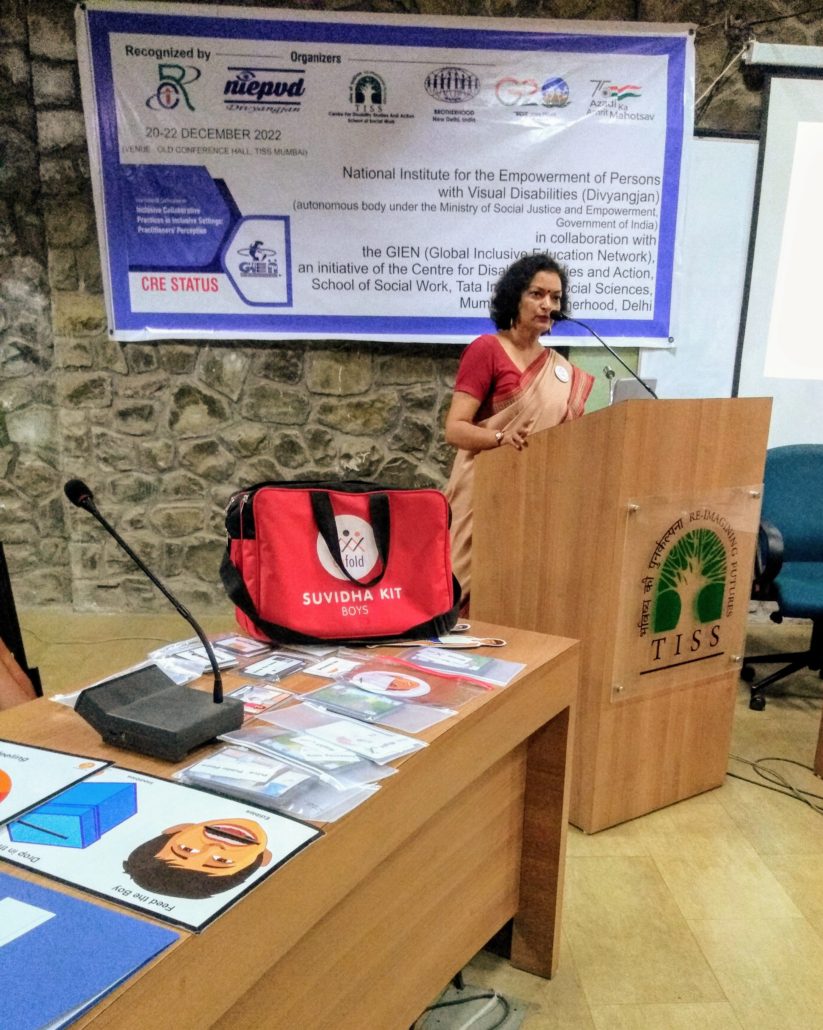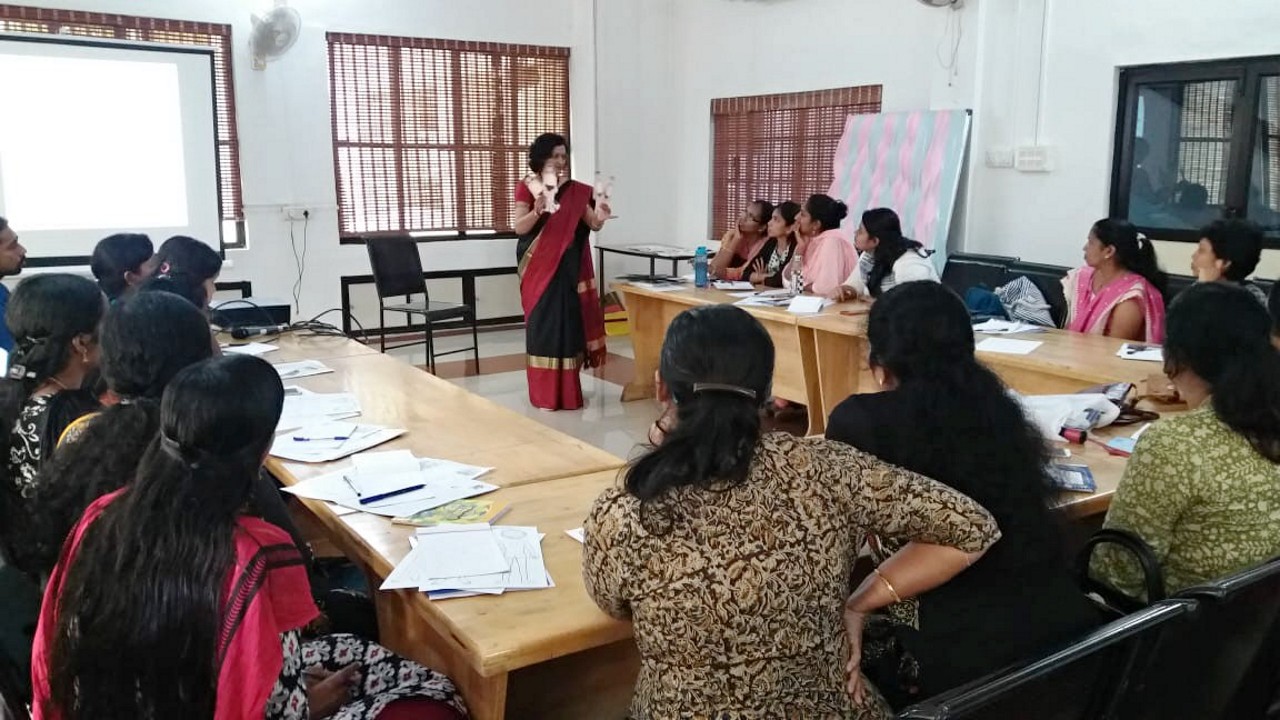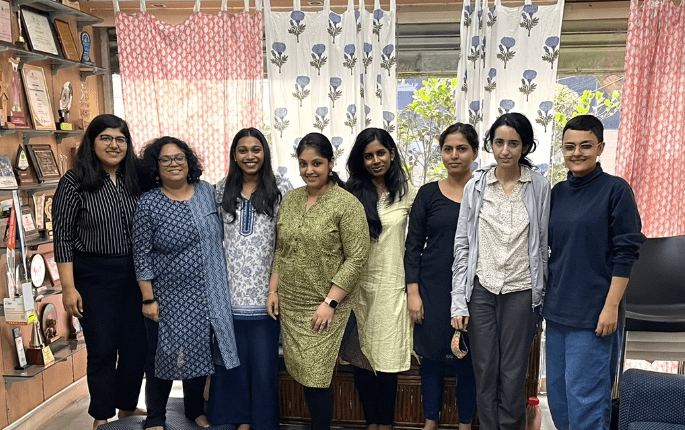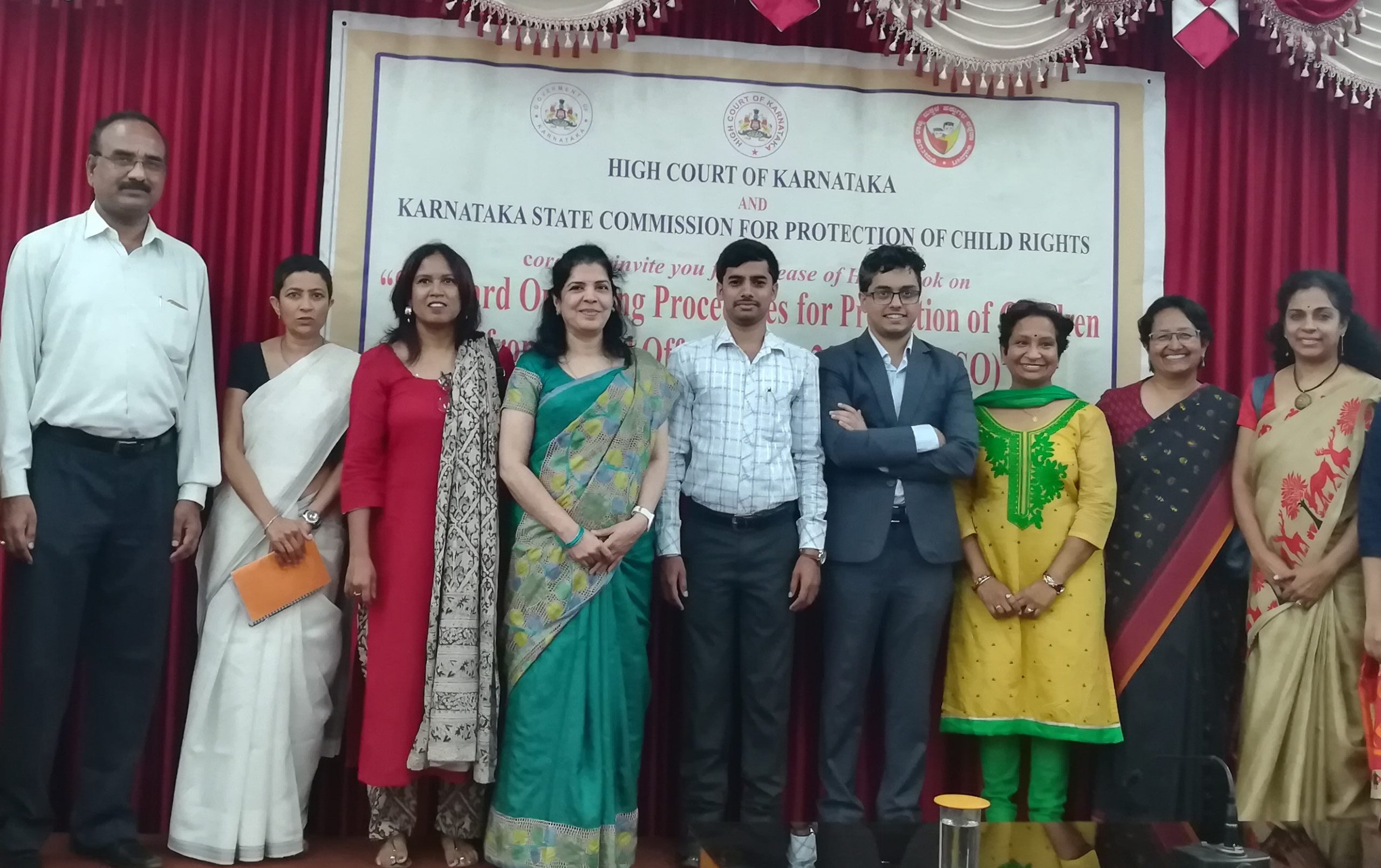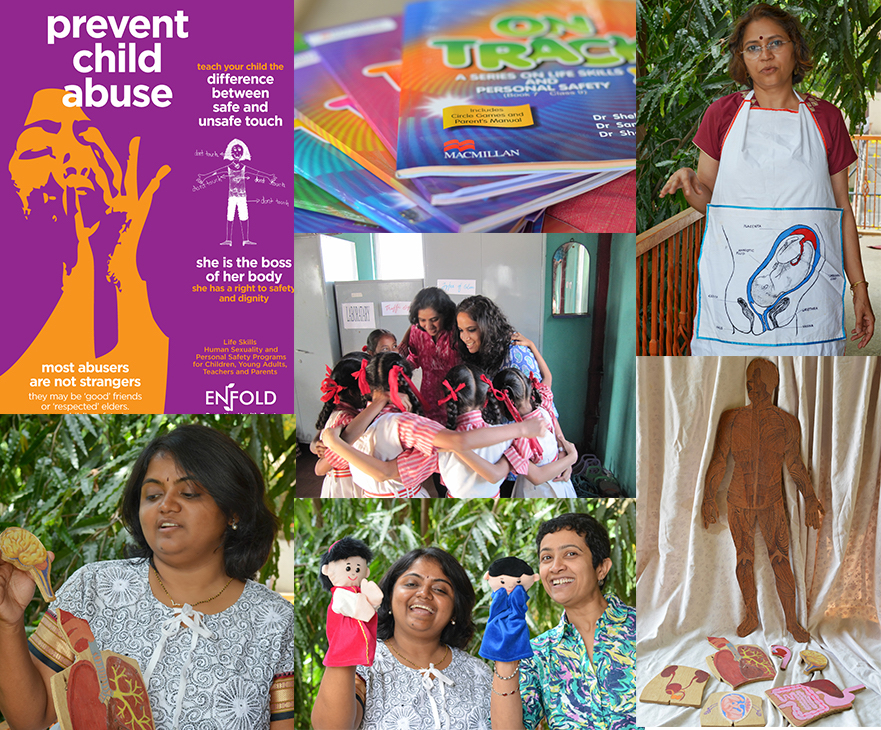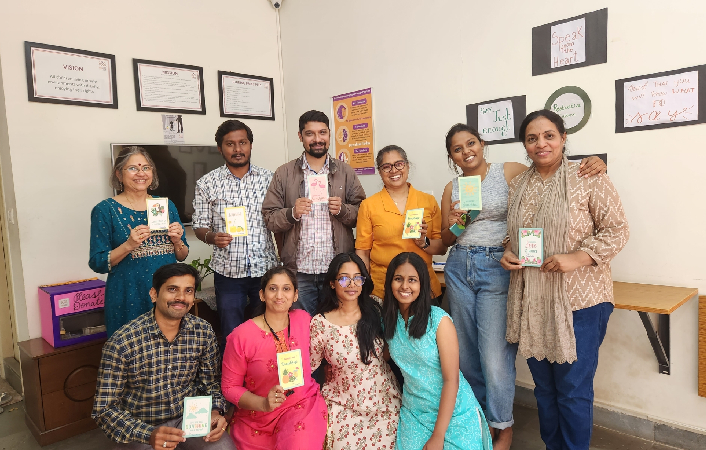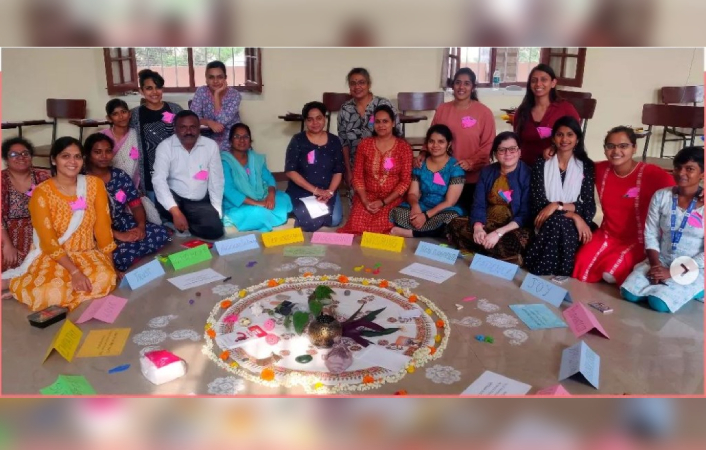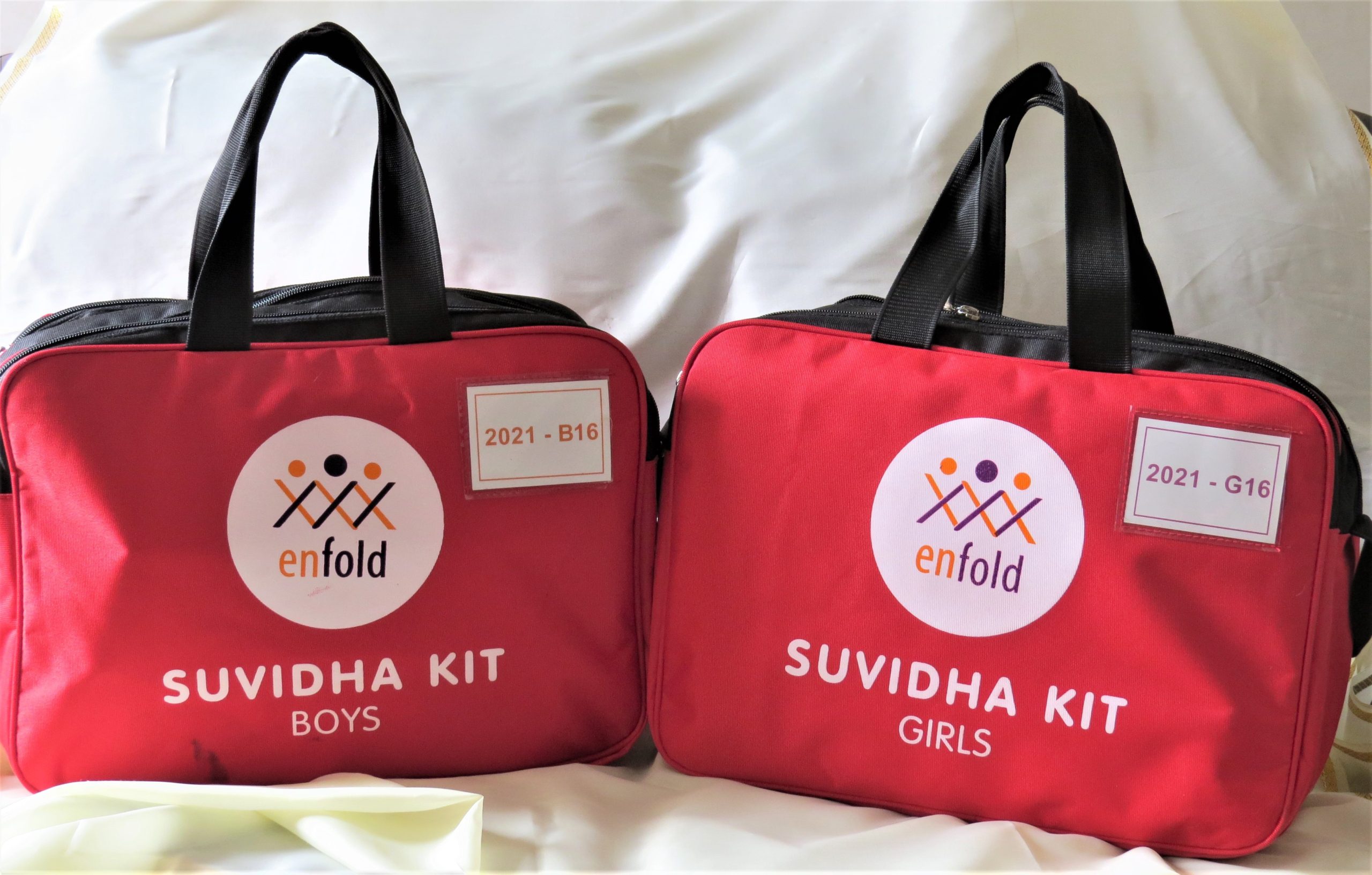Need for sexuality and personal safety education
Indian society largely also refuses to view people with disabilities as sexual beings – as having sexual needs, requiring sexual and reproductive health services, which hugely impacts their mental and physical well-being. Children with disabilities are systematically denied basic information about sexual health and relationships, to either shield them from the realities of life or because they are considered asexual. Without such fundamental lessons, children with disabilities have no language to describe what has happened to them when they are abused. When it comes to children with intellectual disabilities (ID) the matter becomes even more complex. Often adults consider children with intellectual disabilities to be innocent, infantile, asexual and incapable of decision making. They are also denied the right to privacy, right to set boundaries from touches and any information around sexuality and safety.
Though Sexuality and personal safety education is one of the important needs of persons with disabilities, currently India does not have this education integrated into its school or college education programs. No culturally appropriate, value based, comprehensive sexuality and personal safety programs existed for children and adolescents with intellectual disabilities. Culturally appropriate, easy to use, scientifically developed tools to impart the same also did not exist. Since children with IDs and Autism do not learn in through the conventional teaching methods and require customised and specialised tangible teaching aids which can be interactive, robust, durable and suitable for repeated use, there was an intense need to develop such resources and build the capacity of the trainers to use the them through comprehensive trainings.
Renu Singh
Director, Suvidha Project ( 2017- Aug 2024)
ENFOLD OFFERS FOUR BROAD CATEGORIES OF TRAININGS FOR THE TRAINERS
1. Demystifying Sexuality in the Context of Disabilities (30 hour online/in-person/hybrid course):
Discussing gender equity, development of sexuality, understanding child sexual abuse and its dynamics, sexuality and personal safety education for children with autism spectrum disorder, intellectual disabilities and related conditions.
Intensive training for parents, caregivers and professionals working with children with intellectual and developmental disabilities and sensory impairments. This will include a five-hour training for using the Suvidha Kit.
2. Sexuality and Personal safety in the Context of Disabilities (20 hour online/in-person training):
Discussing gender equity, sexuality and personal safety education and why and how to use the Suvidha Suraksha kit with children with disabilities.
Training for caregivers, teachers and professionals in sexuality, child sexual abuse, personal safety rules and boundaries, development of sexuality in children with disabilities, adolescent sexuality, understanding and regulating feelings and emotions, health and hygiene, POCSO and using the Suvidha Kit activities with their children with autism spectrum disorder, intellectual disabilities and related conditions.
3. Awareness and Sensitisation Sessions (2 to 3 hours online/in-person):
For caregivers, teachers, trainers and other professionals working with children with disabilities, on the basics of personal safety and sexuality education for children with disabilities with focus on intellectual disabilities, autism spectrum disorder and auditory and visual impairments.
4. Suvidha Kit Training (5 hour online training):
For caregivers, teachers, trainers and other professionals working with children with disabilities.
Training focuses on practical inputs on strategies and methods to teach life skills, personal safety and sexuality and how to use the Suvidha Kit with children with autism spectrum disorder, intellectual disability and related conditions.
Invitation for collaborative partnership with Enfold
We invite organisations working with children with disabilities to partner with us under a couple of partly sponsored projects. Under these, we are providing two Suvidha Suraksha Kits (1girl + 1boy), a 5 hours training to two teachers and a two hour awareness and sensitisation session for parents of each organisation. The topics covered under the training sessions will be basics of personal safety and sexuality education, strategies to teach and using the suvidha kit with children with intellectual disabilities, autism spectrum disorder and related conditions.
Between December 2022 to September 2023, under similar partly funded projects we have:
– partnered with 29 organisations,
– trained over 70 teachers and professionals and
– provided 70 Suvidha Kits
Suvidha Suraksha Kit
The Suvidha Suraksha Kit containing visual teaching-learning material on basics of sexual and reproductive health and personal safety for children and adolescents with intellectual disabilities and ASD was indigenously developed by Enfold.
The contents of the Suvidha kits are based on the basic principles of life skills based personal safety and sexuality education curriculum that Enfold has developed and followed in mainstream schools for over 2 decades.
The kits include preparatory reading material, the Suvidha Manual, for the trainers and caregivers of these children, to help them understand various concepts around sexuality including the development of sexuality in children, basic information on reproductive health, awareness of child sexual abuse and how to prepare the child to recognize, resist and report perpetrators of sexual abuse, POCSO Act 2012 and their socio-legal responsibilities amongst others..
Each Suvidha Suraksha Kit has supportive teaching learning materials like games/ puppets/ puzzles/ charts/ flash cards, picture books and pictorial social scripts, which can be used by the caregivers and teachers to support children with disabilities to learn the required concepts. The Suvidha Manual also explains how these activities can be conducted through activity guides. The visual kit is customized and separate for young and adolescent girls and for boys. The kit can also be used for children with auditory impairments and young learners without disabilities.

